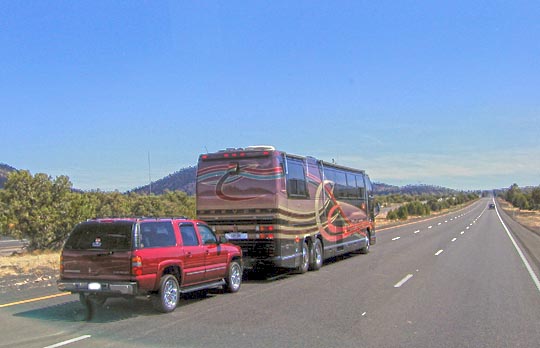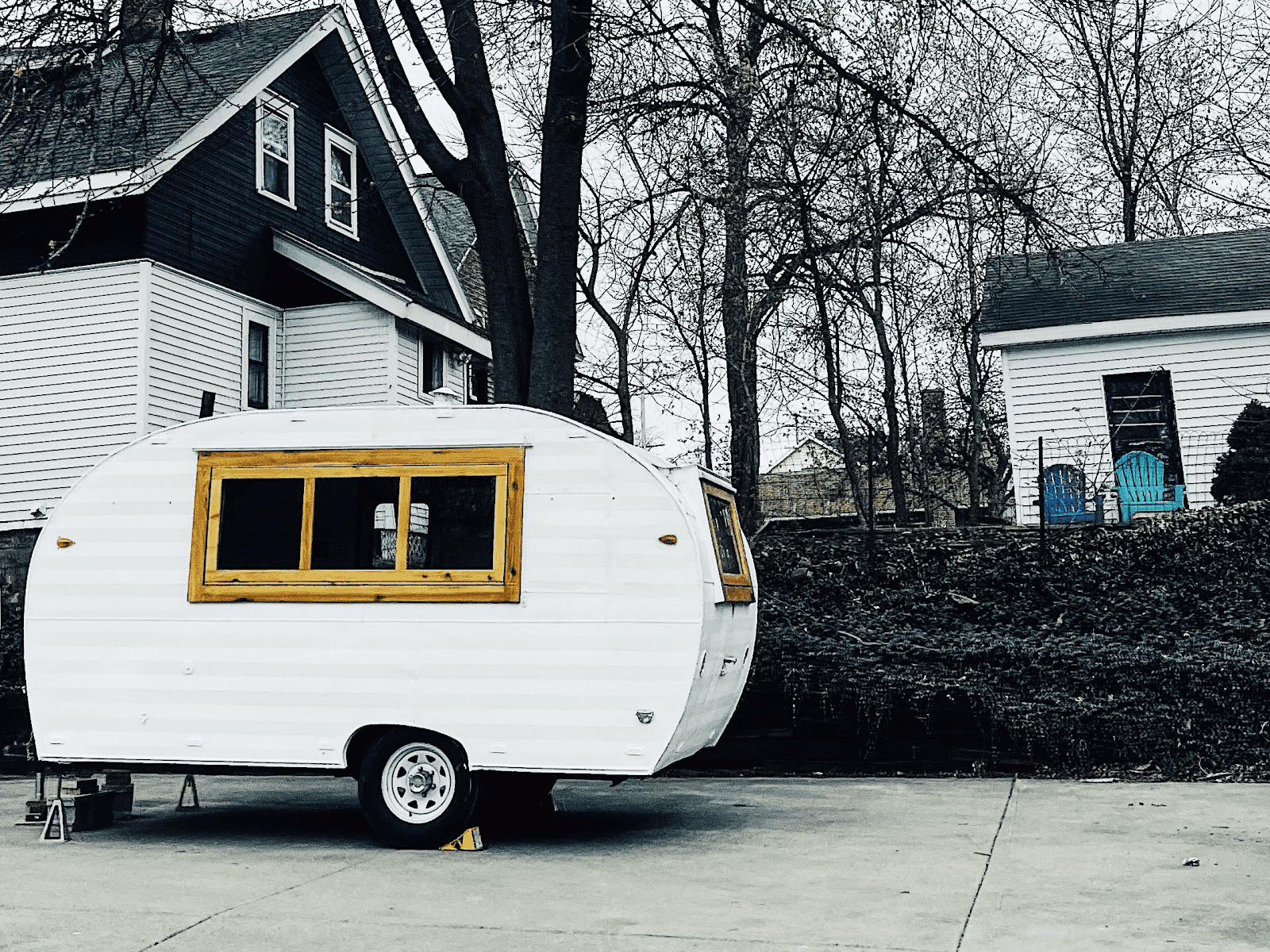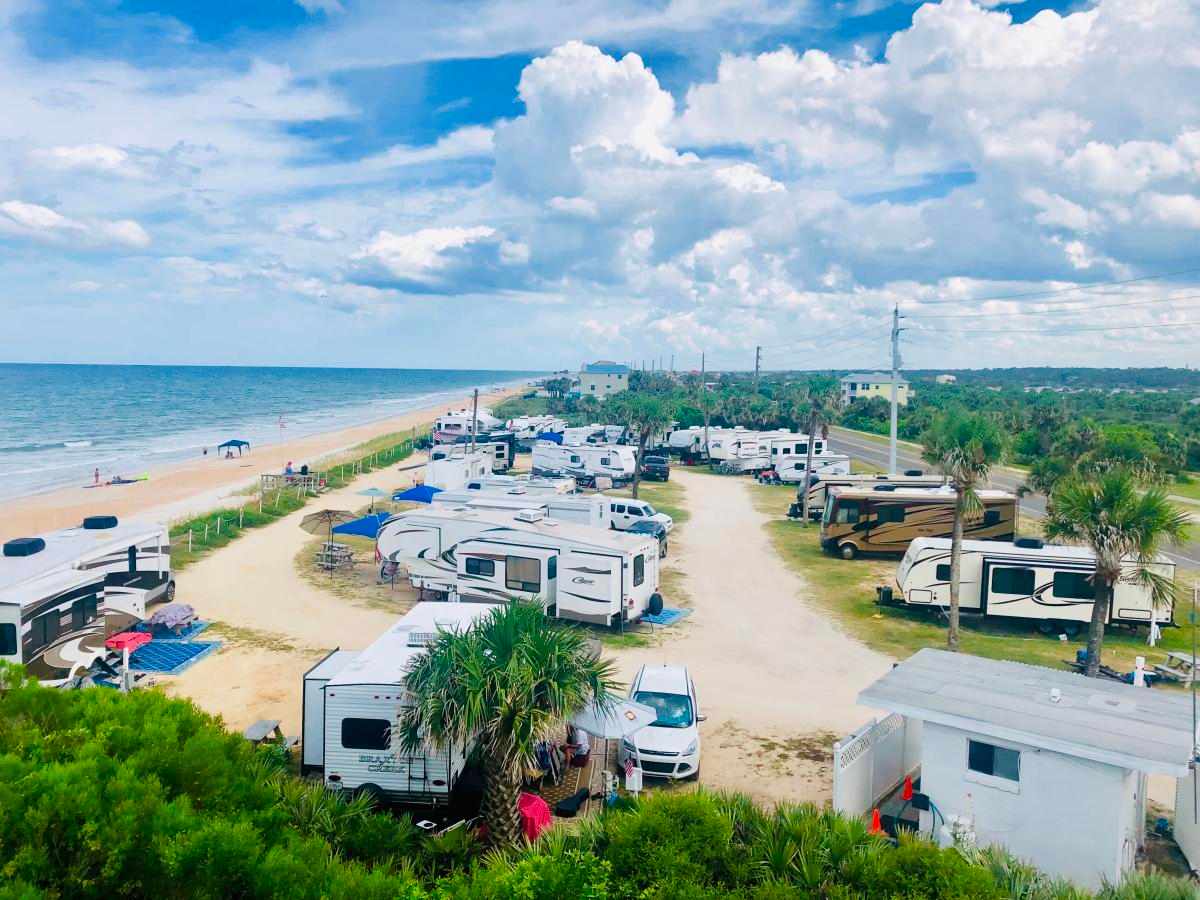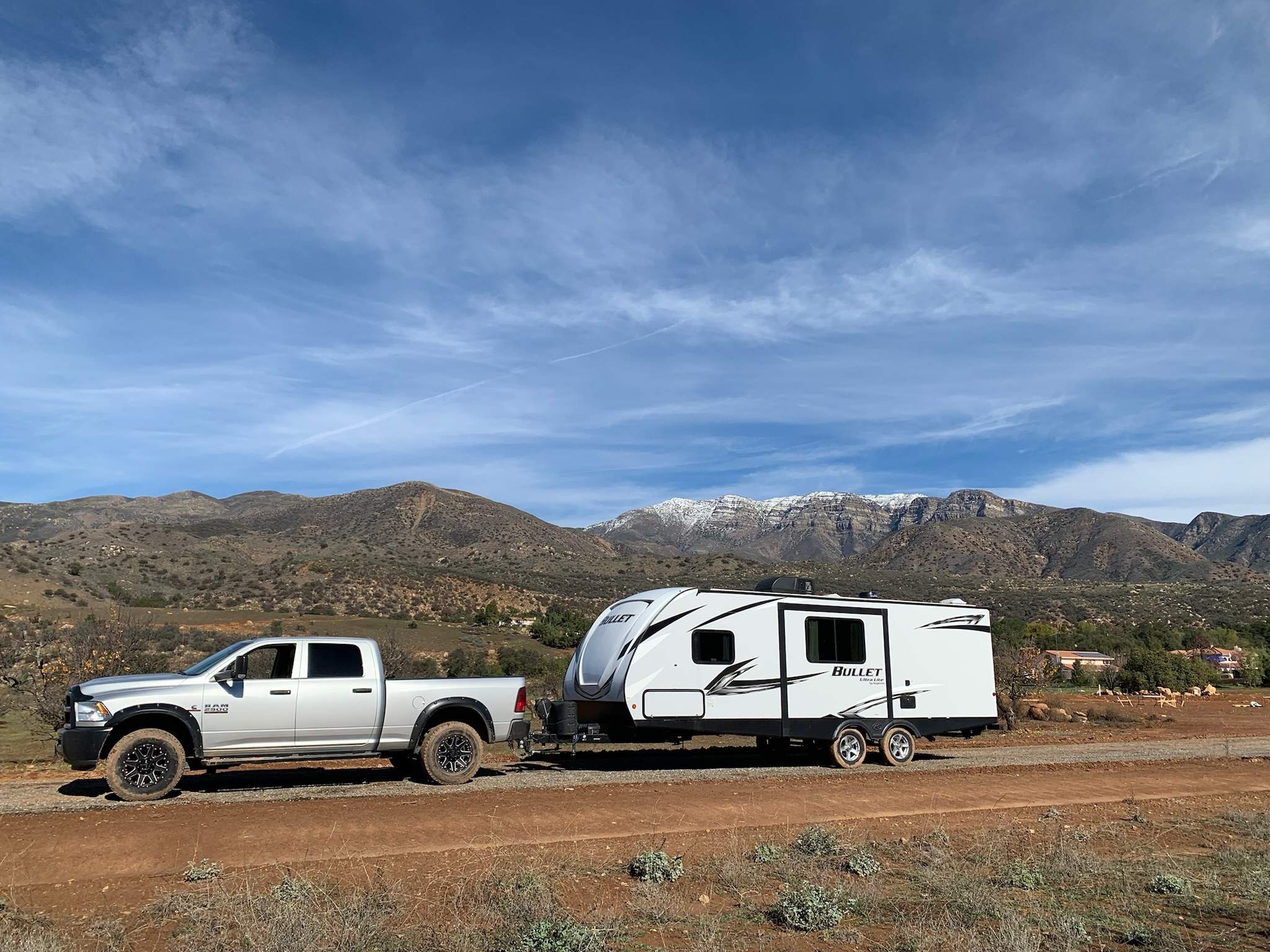Choosing the right RV towing option is a practical decision that aligns with your adventurous spirit and the tools you need to explore freely and comfortably. Whether you’re a seasoned traveler or a beginner eager to chart your first course, understanding the nuances of various towing methods can significantly impact your journey. From the ease of hitching travel trailers to the superior handling of fifth-wheels, each choice comes with its own set of pros and cons.
But beyond handling and hitching, how do financial considerations like insurance and maintenance weigh into the decision-making process? Join us as we offer insights to help you navigate the exciting yet complex field of RV towing.
Towable RVs for Rent Near You
Exploring Travel Trailers and Fifth-Wheels
Travel Trailers: Ease of Hitching vs. Towing Challenges
Travel trailers are often celebrated for their simplicity in hitching, making them a popular choice among RV beginners. The straightforward design allows for quick attachment to a standard hitch system found on many vehicles, including SUVs and trucks. This ease of setup enables adventurers to embark on their journeys with less preparation time and technical know-how. However, the towing experience with travel trailers can present challenges, particularly in stability and maneuverability. Due to their placement behind the tow vehicle, travel trailers are more susceptible to swaying and require careful handling at high speeds and in windy conditions. This can lead to a steeper learning curve for new drivers who must become adept at managing these dynamics to ensure safe travel.

Fifth-Wheels: Superior Handling at a Cost
Fifth-wheel trailers offer a distinct advantage in terms of towing stability and ease of handling. The hitching mechanism, which connects to the bed of a pickup truck, distributes weight more evenly and lowers the trailer’s center of gravity. This design minimizes swaying and provides smoother handling, particularly beneficial on long hauls or in adverse driving conditions. However, this towing efficiency comes at a cost. Fifth-wheels require more robust towing vehicles, typically at least a 3/4 ton truck, which can significantly impact fuel economy and overall travel costs. The need for a larger vehicle increases initial investment and limits the flexibility in vehicle use outside of RV trips.
Practical Considerations Before Choosing a Towing Method
Vehicle Requirements and Limitations
Choosing the right RV involves understanding the capabilities and limitations of your existing vehicle or deciding what new vehicle might be necessary. For travel trailers, a 1/2 ton truck or large SUV may suffice, making them accessible for many who already own these vehicle types. In contrast, fifth-wheels often require a 3/4 ton truck, which represents a more significant investment and higher ongoing maintenance costs. The strain on the vehicle is also a critical factor; heavier RVs can accelerate wear and tear on the tow vehicle, potentially leading to more frequent repairs and higher long-term maintenance expenses.
Lifestyle and Usage: Matching Towing Options to Needs
The choice between a travel trailer and a fifth-wheel often depends on how you plan to use your RV. Considerations include:
- Frequency of Travel: Occasional vacationers might lean towards travel trailers for their lower cost and ease of storage. In contrast, full-timers or frequent travelers might prefer the enhanced stability and comfort of fifth-wheels.
- Travel Distance and Destinations: For long-distance travels, the superior handling of fifth-wheels can make a significant difference in driver fatigue and overall safety.
- Family Size: Larger families might appreciate the spacious layouts commonly found in fifth-wheels, which offer more room for living and storage compared to most travel trailers.
Towing Method Comparisons: Dolly vs. Flat Towing
Dolly Towing: Pros and Cons
Dolly towing, where the front wheels of a towed vehicle are elevated, presents a practical solution for many RVers. This method significantly reduces wear and tear on the towed vehicle’s tires and alignment since only the rear wheels are in contact with the road. However, the use of a tow dolly can introduce complications, such as the need for additional storage space for the dolly when not in use and the extra time required for vehicle setup and attachment.
Flat Towing: Understanding the Complications
Flat towing, where all four wheels of the towed vehicle remain on the ground, offers simplicity in setup and the convenience of not having to manage additional equipment like a dolly. This method particularly appeals to those who frequently set up and break down their campsite. However, not all vehicles are capable of being flat towed without significant modifications, such as installing auxiliary braking systems and drivetrain disconnects, which can add to the cost and complexity of preparation.

The Financial Perspective: New vs. Used RVs and Towing Equipment
Cost-Benefit Analysis of New vs. Used Options
When considering the purchase of an RV or towing equipment, the decision between new and used can significantly impact your budget. New models come with the latest features and full manufacturer warranties but depreciate quickly. Used RVs, while often more affordable, can vary widely in condition and typically come with shorter or no warranties. Here’s a quick breakdown:
- Initial Cost: New RVs are significantly more expensive than their used counterparts.
- Depreciation: New RVs can lose up to 20% of their value in the first year.
- Long-term Savings: Well-maintained used RVs can be a cost-effective choice without the steep initial depreciation.
Insurance and Upkeep Costs
The type of RV and towing method also influences insurance premiums and ongoing maintenance expenses. Generally, larger and more expensive units like fifth-wheels will cost more to insure and maintain. Additionally, the complexity of the towing setup can affect insurance rates; more complex systems may be seen as higher risk. Regular maintenance is crucial for safety and longevity, particularly for those choosing used equipment, and should be factored into the total cost of ownership.
Wrapping Up: Choosing Your Ideal RV Towing Adventure
Navigating the world of RV towing options is akin to preparing for a journey into the unknown, where each choice significantly shapes your travel experience. We’ve explored how travel trailers offer simplicity and accessibility, making them ideal for those new to RV adventures or with lighter tow vehicles. Conversely, fifth-wheels provide enhanced stability and comfort, suited for the frequent traveler or those journeying over long distances. Vehicle requirements, lifestyle needs, and financial considerations such as insurance and maintenance costs are crucial in determining the best fit for your exploratory desires.
The decision between a new or used RV, and the type of towing method, whether dolly or flat towing, also plays a pivotal role in aligning with both your dreams and practical realities. As you stand at the crossroads of choice, remember that each path holds its unique set of adventures and challenges. The journey involves crafting unforgettable experiences and stories along the way. So, as you ponder your options, consider not only what you’ll encounter but also the memories you’ll create. Adventure revolves around these experiences, doesn’t it?








